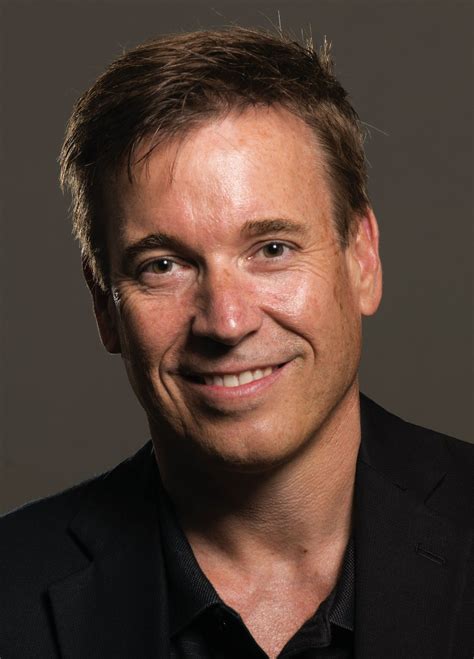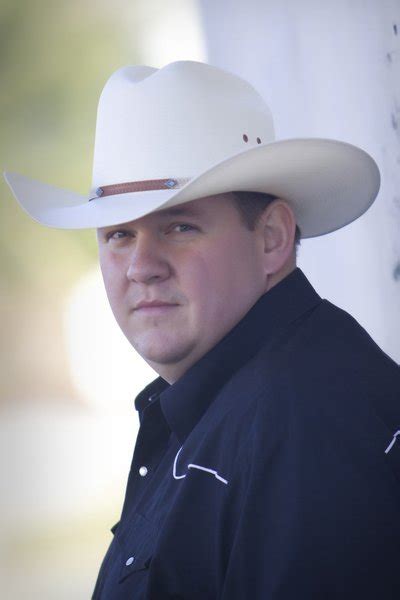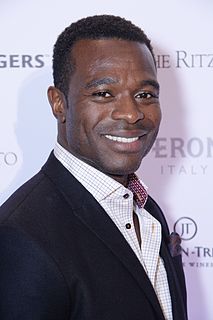A Quote by John Burnside
As a child, I read a great many books in which animals and birds played significant roles, not only in the narrative itself, but also in creating the emotional and psychological atmosphere of that narrative - the imaginative furniture, as it were, in which any story unfolds.
Related Quotes
I'm obsessed with this idea of storytellers and people who have a narrative, and sometimes sustain a relationship because they're telling a narrative and someone is listening to that. Often the nature of the relationship is determined by how well they tell the story, or someone else's ability to suspend disbelief, or infuse into their narrative something which they may not even be aware of.
'Triple Agent' is a different kind of read because it is, at its core, a pure narrative, the story of an intelligence operation that unfolds over the course of a year and then goes badly wrong. There's a lot of 'news' in the book, including an account of drone warfare that is as detailed, in my humble opinion, as any in the open-source arena.
While Donald Trump doesn't have any systematic ideology, he does have a narrative, and in that narrative, America was once a great country, it's been weakened by poor leadership, and only he can make it great again by taking over. And that's an image of himself as a strongman, a dictator. It isn't the clear ideology of being a fascist or some other clear-cut ideological figure. Rather, it's a narrative of himself as being unique and all-powerful. He believes it, though I'm sure he's got doubts about it.
I do think the challenge, in a way for me, is to write a narrative film and when you finish watching it you feel like it's a collage. You tell the narrative, you tell the story, but you feel like you've created this tapestry. But it also has a shape, a story. So I think there's a middle ground that I try to strike... away from where everyone else seems ready to go, which is, setup, payoff. You know, He's afraid of water, oh, and at the end he's swimming in water - oh, my God. I hate that stuff.
The close-up has no equivalent in a narrative fashioned of words. Literature is totally lacking in any working method to enable it to isolate a single vastly enlarged detail in which one face comes forward to underline a state of mind or stress the importance of a single detail in comparison with the rest. As a narrative device, the ability to vary the distance between the camera and the object may be a small thing indeed, but it makes for a notable difference between cinema and oral or written narrative, in which the distance between language and image is always the same.
Say you have a headline like "Mountain Bike Stolen," and then you read the story, read another story about it the next day, and then the next week, and then the next year. News is a process of expansion, the filling in of detail, and making narrative connections - not based on chronology, but based on features of the story. There are narrative connections made between props, between characters, between situations, and so forth.





































